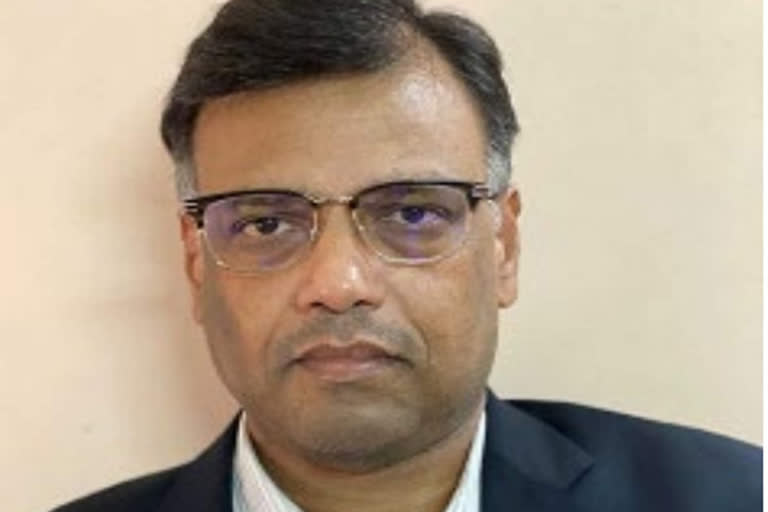Mumbai: Hinting at further relaxation in the capital account convertibility norms, RBI Deputy Governor T Rabi Sankar on Thursday said the country is on the cusp of some fundamental shifts with regard to currency management.
India has come a long way in achieving increasing levels of convertibility on the capital account and has broadly achieved the desired outcome for the policy choices in terms of achieving a stable composition of foreign capital inflow, Sankar said while addressing the Foreign Exchange Dealers' Association of India's (FEDAI) annual day meeting.
Convertibility refers to the ability to convert domestic currency into foreign currencies and vice versa to make payments for balance of payments transactions. Current account convertibility is the ability or freedom to convert domestic currency for current account transactions while capital account convertibility is the ability or freedom to convert domestic currency for capital account transactions.
Although the Indian rupee is fully convertible for current account transactions, only limited capital account transactions are permitted by the RBI.
"...India is on the cusp of some fundamental shifts in this space with increased market integration in the offing and freer non-resident access to debt on the table. The rate of change in capital convertibility will only increase with each of these and similar measures," he said.
With that comes the responsibility to ensure that such flows are managed effectively with the right combination of capital flow measures, macro-prudential measures and market intervention, the deputy governor further said.
He further said market participants, particularly banks, will have to prepare themselves to manage the business process changes and the global risks associated with capital convertibility.
"The regulator's job is somewhat different. As someone once said, the job of a regulator is like the gas regulator in the kitchen — it cannot ensure the quality of the dish, but it can prevent the kitchen from blowing up.
"The quality of the dish – that is, the efficiency with which the investment needs of the country are met – is up to how well authorised dealers and other intermediaries adjust to the increasingly fuller capital account convertibility," Sankar said.
The balance of payments (BOP) of a country records all economic transactions of a country (that is, of its individuals, businesses and governments) with the rest of the world during a defined period, usually one year. These transactions are broadly divided into two heads — current account and capital account.
The current account covers exports and imports of goods and services, factor income and unilateral transfers. The capital account records the net change in foreign assets and liabilities held buy a country.
The degree of BOP convertibility of a country usually depends on the level of its economic development and degree of maturity of its financial markets.
Therefore, advanced economies are almost fully convertible, while emerging market economies are convertible to different degrees, Sankar added.
PTI



